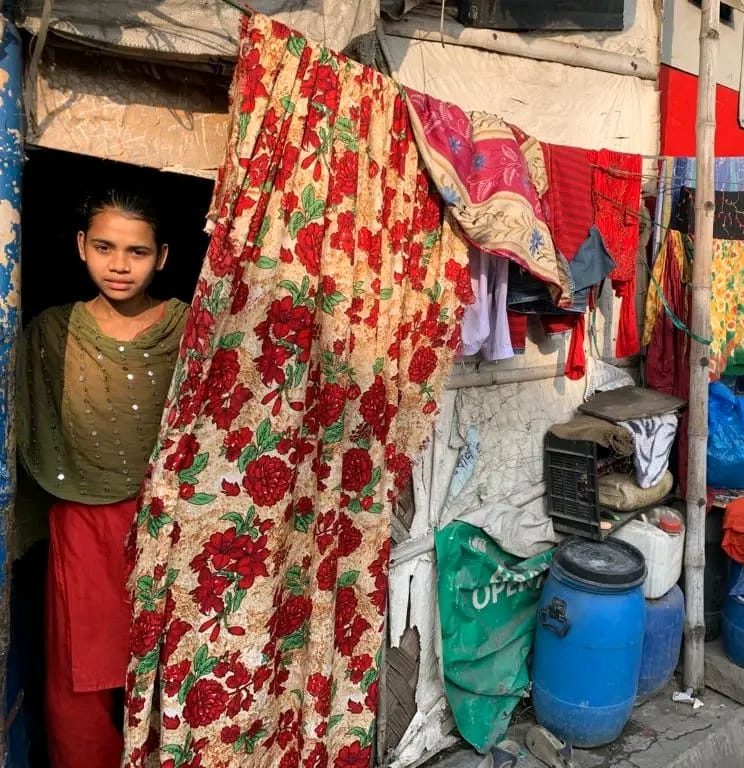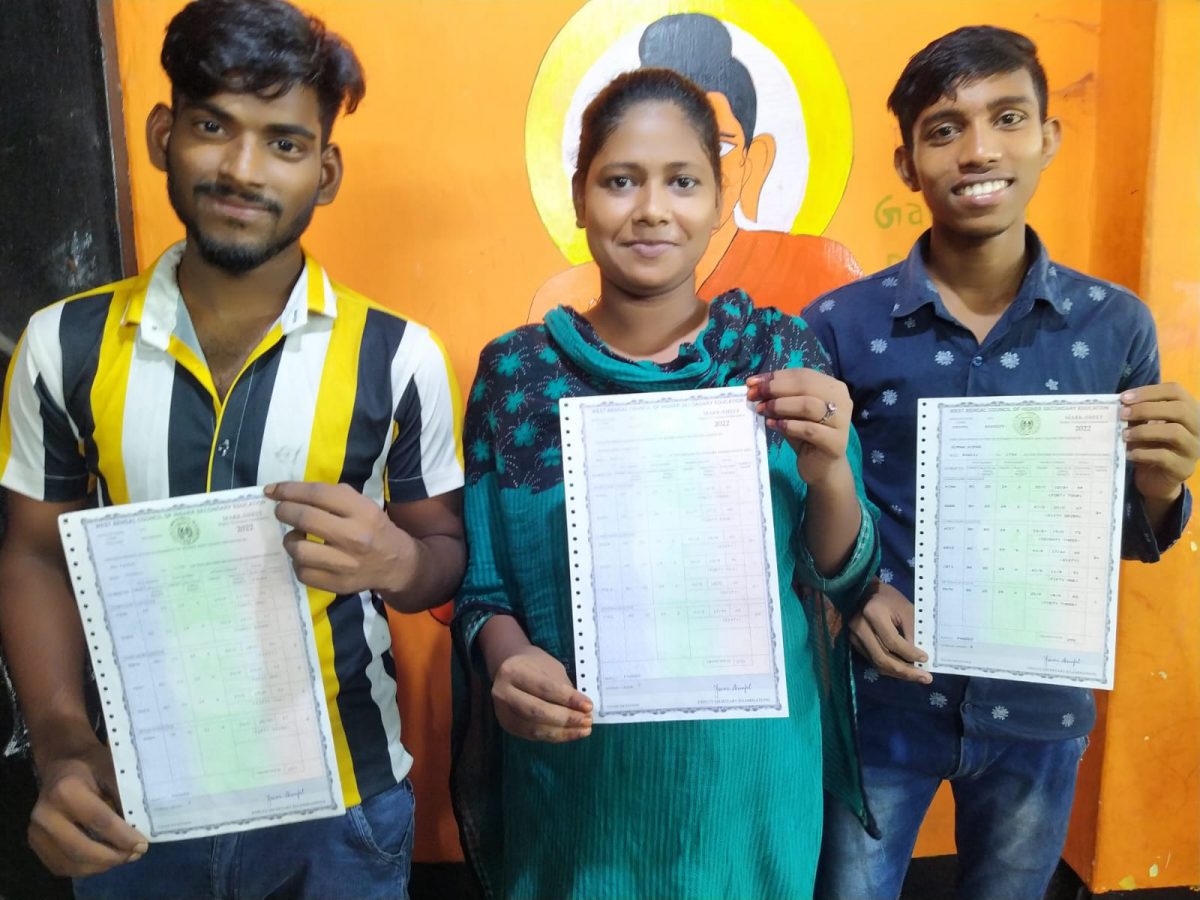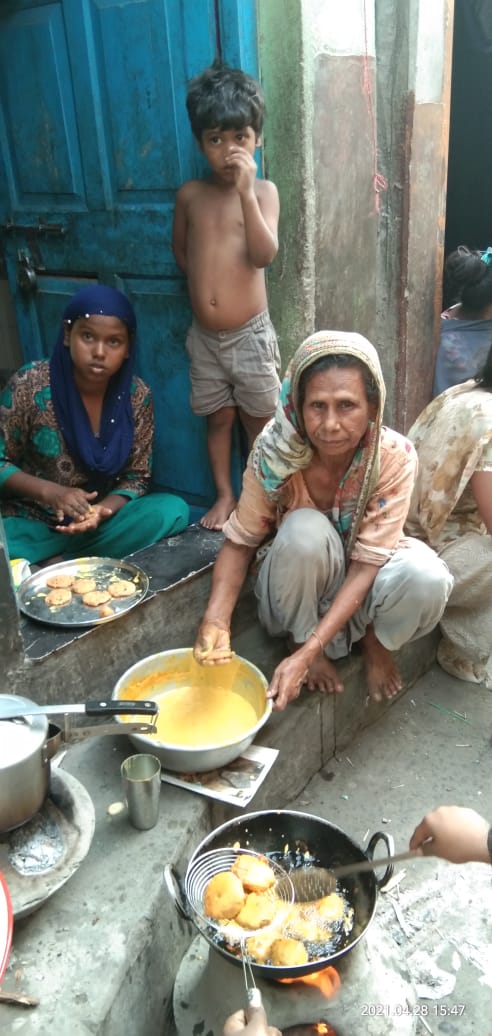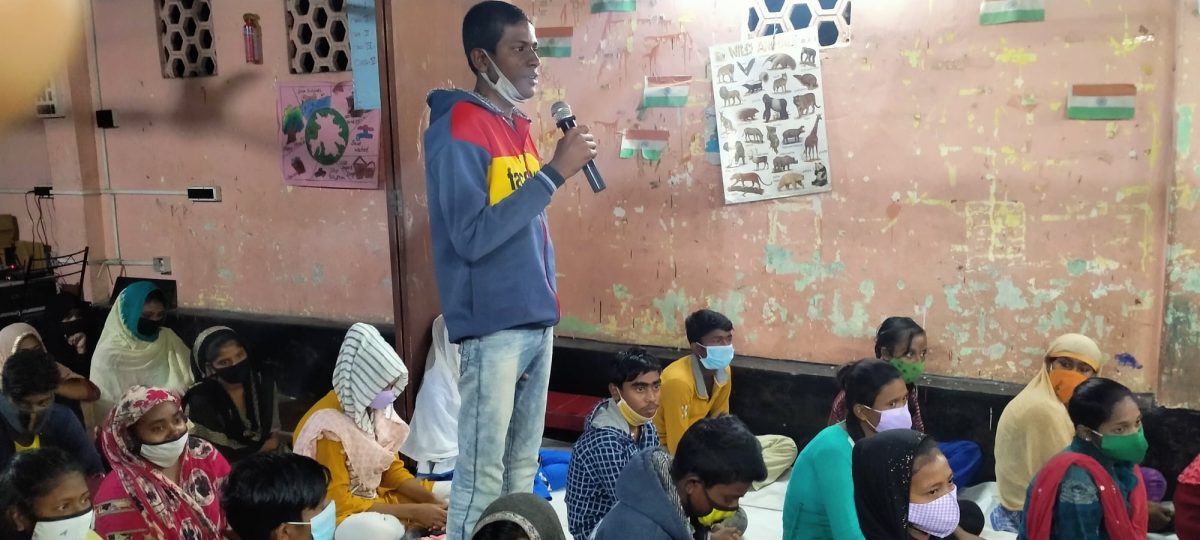Latest News
-
Sakina needs help
Posted on
by
Sakina’s future hangs in the balance. I first met her in Kolkata in May 2022. Tiljala SHED staff brought her to my attention at a meeting of all the evening class students at the Mir Meher Ali Lane centre in Tangra. What […]
-
-
Raku Ceramic Workshop
Posted on
by
Join a Raku Masterclass with Camilla Bignall Create beautiful pots using the Japanese raku technique to create an unusual iridescent finish and crackle glaze effect Session 1Camilla will guide you through three methods of hand-building a pot: slab, pinch and coil. You […]
-
India’s latest surge – News from Kolkata
Posted on
by
We have all watched India’s second COVID wave crash across the continent, exposing the terrible chasm between rich and poor, the deficiencies of the health system there and the wonderful power of human beings to reach out and help one another when […]
-
Играть в игровые автоматы в казино Pin-up games Украина
Posted on
by
Играть в игровые автоматы в казино Pin-up games Украина
-
online casino echtgeld 181
Posted on
by
Echtgeld Spielautomaten Slots Um Echtgeld Spielen Ein Casino Bonus kann Ihnen beim Online Glücksspiel einige Vorteile verschaffen. Schließlich verringert sich hierbei in der Regel der finanzielle Einsatz, da Sie seitens der Anbieter belohnt werden. Es gibt unterschiedliche Wege, wie Sie sich ein […]
-
online casino Deutschland 330
Posted on
by
Online-casino Deutschland #1 Spielothek-spiele 2023 Den Startschuss gab es 1994 mit dem Erlass der „Free Trade and Processing Zone Act“ durch die karibischen Inselstaaten Antigua und Barbuda. Damit wurde festgelegt, dass Online Glücksspiel legal ist und erste Bestimmungen über die Vergabe von […]
-
gambling in New Zealand 22
Posted on
by
New Regulations Deliberate For Pokies To Minimize Back Problem Playing Although James Bond movies have made casinos look like thrilling, glittery and glamourous locations where you can make a lot of cash, in reality, it’s not at all times going to work […]
-
gambling in New Zealand 22
Posted on
by
New Regulations Deliberate For Pokies To Minimize Back Problem Playing Although James Bond movies have made casinos look like thrilling, glittery and glamourous locations where you can make a lot of cash, in reality, it’s not at all times going to work […]
-
A brief update on the Topsia Evening Class Education project in Kolkata
Posted on
by
I am in regular touch with Parveen our programme co-ordinator and who has taken a special interest in this cohort of young people. This is what she tells me: Our centres are open and the vulnerable children from our communities are coming […]




